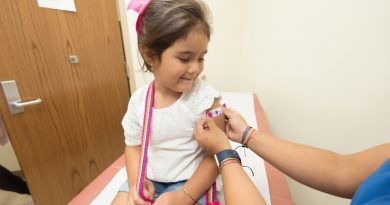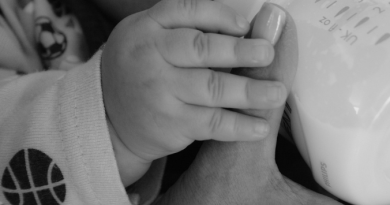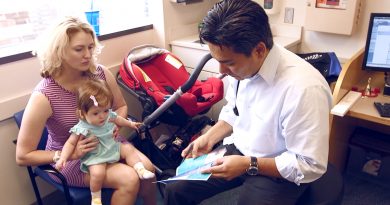Changing genetic privacy rules may adversely affect research participation
Do you know your genetic information? Maybe you’ve taken a “23andMe” test because you were curious about your ancestry or health. Maybe it was part of a medical examination. Maybe, like me, you underwent testing and received results as part of a class in college.
Do you ever worry about what could happen if your information landed in the wrong hands?
If you do, you aren’t alone. We’ve previously written about legislation affecting genetic privacy and public resistance to global data sharing, and the dialog about growing genetic privacy concerns only continues.
Wired.com recently ran an interesting piece on the House Health Plan and its approach to pre-existing conditions. While much about how a final, Senate-approved Affordable Care Act repeal and replace plan will address pre-existing conditions is still speculation, it brings up an interesting question – with respect to genetic information, will changing rules about pre-existing conditions have a chilling effect on research participation?
Dr. Robert Green, a medical geneticist at Harvard Medical School and one of our collaborators on several projects in the Center for Medical Ethics and Health Policy at Baylor College of Medicine, notes this type of fear is already observed in research studies involving genomic sequencing. In the article, he gives the example of our BabySeq project, on which he acts as principal investigator with Dr. Alan H. Beggs.
BabySeq is a study that examines the clinical, behavioral, and economic outcomes of whole exome sequencing in both sick and healthy babies. In it, researchers at Boston Children’s, Brigham and Women’s, and Massachusetts General Hospital identify newborns who meet the study criteria and ask their parents if they are interested in enrolling.
Getting parents to participate with their babies is proving to be a challenge. As Dr. Green notes in the article, the research team has about a 10 percent recruitment rate. That means approximately 90 percent of parents asked decline to participate.
The reasons a parent chooses to decline are complicated and the subject of several papers that are currently in progress by our team. However, several common themes are emerging. Many parents simply aren’t interested in participating in any type of research while settling in with their newborns. Of note, however, some parents are concerned about privacy and discrimination in regard to receiving their child’s genomic information.
As the political landscape continues to shift, it will be important to keep in mind the downstream effects of our policies. If we want to encourage people to participate in research, we would do well to ensure that the privacy protections in place are upheld so that their information will never be used against them.
-By Hayley Peoples, M.P.H., research coordinator at the Center for Medical Ethics and Health Policy at Baylor



